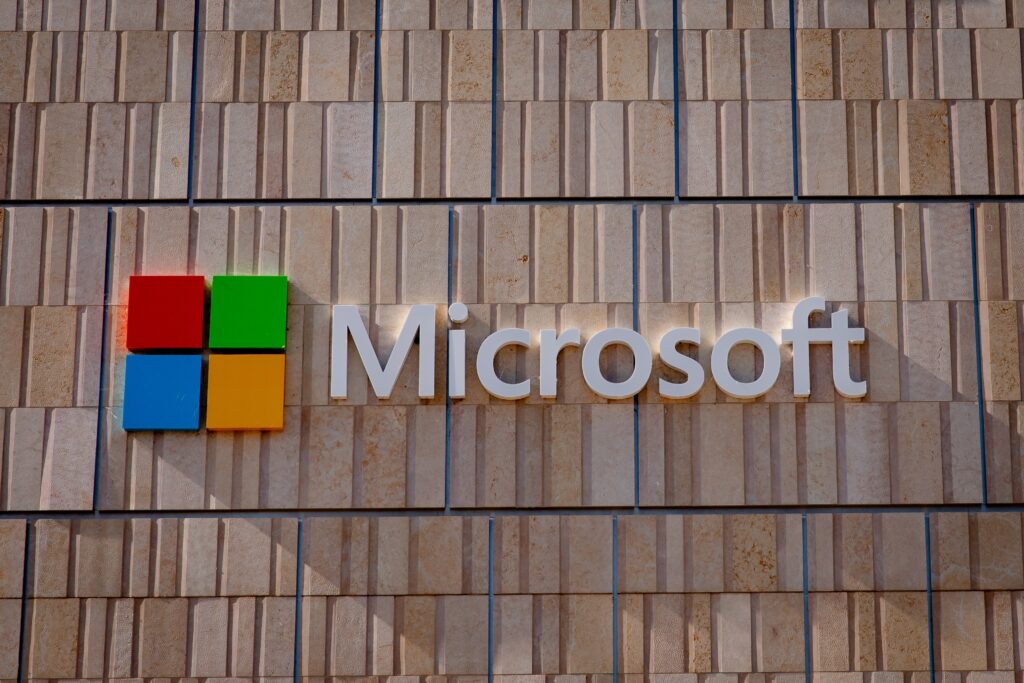Microsoft is bringing back its controversial AI tool, now called Copilot+ Recall, which takes regular screenshots of users’ screens. This feature is available in preview mode for a small number of users who own Microsoft’s latest AI-powered computers. The idea behind Recall is to help users remember what they’ve seen or done on their devices — but the way it works has raised new alarms about privacy and data safety.
Microsoft first introduced Recall in 2024 but paused the release after strong public and expert backlash. Privacy advocates and cybersecurity experts worried that the tool might save sensitive data without proper consent. Now, the company says it has made changes and is testing the updated version again.
Tool Saves a Snapshot Every Few Seconds
The Recall tool works by taking screenshots every few seconds while a user works on their computer. These images are then stored locally and can be used later to search through past activity. This includes browsing history, opened emails, images, chat messages, and more.
For example, if a user saw a dress online a week ago but forgot the website, Recall can help find that exact page again. It’s like a memory aid for your computer. But critics say this “helpful” feature might store more than users realize.
Microsoft promises that Recall does not send these screenshots to the cloud or to Microsoft servers. All the data stays on the user’s device. The tool also doesn’t run automatically — users must turn it on themselves. Plus, they can delete any screenshots at any time.
Critics Say It’s Still a Risk
Despite the changes, experts remain concerned. Privacy advocate Dr. Kris Shrishak had criticized the original version of Recall and now says that while the opt-in model is better, it still may pose serious risks.
He points out that the tool might capture images or messages from other people who never agreed to be recorded. For instance, chats on private messaging apps like WhatsApp or Signal could get saved by the user’s device, even if the sender expected them to disappear.
“Imagine Signal messages that are meant to vanish but instead get stored forever because of Recall,” Dr. Shrishak said.
There are also fears that hackers could target computers with Recall enabled. If someone gains access to a user’s account, they might get a full visual log of everything the person has done on their screen — even messages and private documents.
Microsoft Stresses Safety and User Control
Microsoft defends the tool, saying it gives full control to users. According to the company, Recall only works after a person has logged in and confirmed their identity. It can’t run secretly in the background without permission.
The company also noted that users can pick which apps are included or excluded from Recall. Private browser sessions, like Incognito or InPrivate modes, are excluded by default. Users can stop snapshot collection at any time, and delete past images as needed.
Microsoft wants the tool to help users save time and improve productivity. The firm also says that Recall will not be released globally right away. While U.S. and select other users now have access, European users won’t get it until at least late 2025.
UK Data Watchdog Monitoring the Rollout
The UK Information Commissioner’s Office (ICO), which enforces data protection laws, is keeping a close eye on Recall. The agency said it is talking to Microsoft and expects the company to follow the law carefully.
The ICO stressed that users must be clearly told what data is collected and how it is used. It also warned that any misuse of personal data could lead to action.
Although the ICO does not approve products before launch, it has said that any company releasing AI tools must ensure that user privacy is a top priority. If Microsoft fails to protect data rights, the ICO may step in.
Privacy vs. Innovation Debate Continues
The debate over AI tools like Recall highlights a growing divide between tech innovation and digital privacy. On one hand, AI features promise to make our lives easier and faster. On the other, they create new ways for personal data to be recorded, stored, and possibly misused.
Microsoft’s Recall tries to walk that fine line by offering user control, local storage, and transparency. But experts say that might not be enough if people don’t fully understand what they are agreeing to.
As AI becomes more common in everyday tools, the pressure is on tech companies to earn users’ trust. Whether Microsoft’s Recall will succeed this time depends not only on its usefulness — but on how safe and respectful it proves to be.


